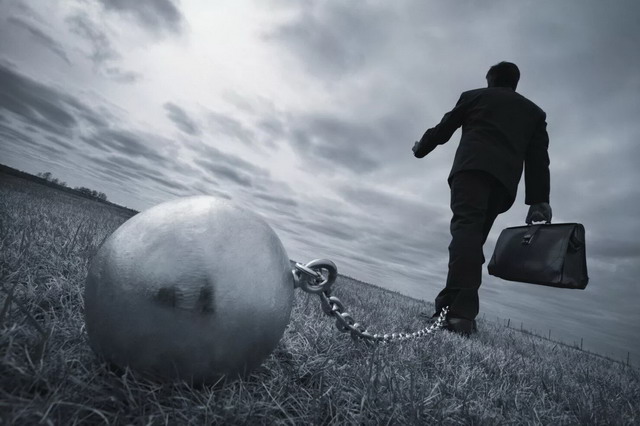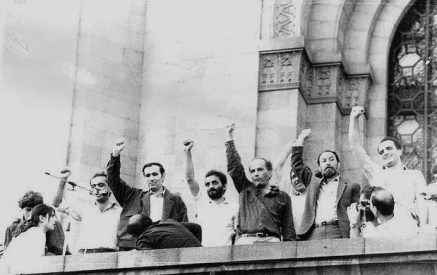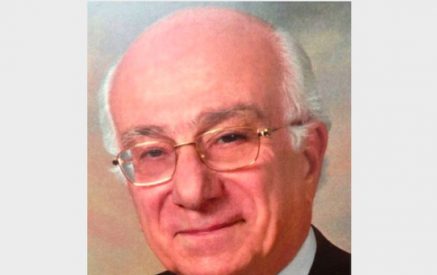Citizens of Armenia with opposition sentiments often complain that “there is not a single proper leader who can put this country in order.” The feverish search for a leader is a consequence of the well-known tradition of our political culture, according to which the active part of the society unites around someone or, more often, against someone. That was the case during the elections of 1996, 2003, 2008, and 2013, as well as during the 2018 revolution, when a certain mass (perhaps the majority) united against the government’s representative.
Now, however, the reality is much more complicated than in all the listed cases, and for me, it is of primary importance not WHO will lead the “anti-elite,” but WHAT will he say?
In my opinion, the leader of the opposition should say the following. “I cannot promise that you will live better under my leadership. On the contrary, I am sure we will live significantly worse materially if I come to power. There will be deprivations, victims, military clashes, and possibly war. I will lead education, science, economy, and all public life in the direction of militarization. Each of us must be ready to die at any moment, knowing that his life is worth at least five lives of the enemy.
I am not sure we will win, but if we follow my proposed path, there is a chance to keep the Armenian State, and we Armenians will live here. The current government’s path leads 100 percent to the destruction of the state and the depopulation of this area. Do choose- 100 percent destruction or 50 percent chance?”
Read also
If a leader who says such a thing emerges, at least half of our citizens will not like it. They certainly wouldn’t want to live in a country with the perspective I’ve described. They are confident to “live” in this sinking ship, and when the final moment of inevitable danger comes, they just run away from here. But if a significant portion of the public agrees to fight, we would have a real chance of survival.
I repeat it is not important who says it. Theoretically, it can also be Pashinyan. But in practice, the current Prime Minister of Armenia will not say such a thing because 1/ he has already lost a war, 2/ he thinks (or pretends to think) that now, in this situation, it is possible to establish peace, 3/ his policy based on the desire to please people. Naturally, the question arises: are there any politicians in the world who do not want to be liked by the masses?
Aram ABRAHAMYAN





















































